
Psychodermatology explores the connection between the mind and skin, addressing how psychological factors like stress, anxiety, and depression can affect skin conditions such as eczema, psoriasis, and acne. This involves integrated treatment approaches that consider both dermatological and psychological care.

Stress management involves a range of techniques and therapies designed to help individuals reduce and cope with stress. By identifying stressors and developing effective coping strategies, individuals can improve their mental and physical well-being, leading to a more balanced and fulfilling life.
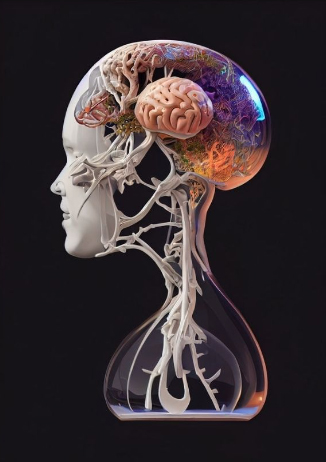
Biofeedback and neurofeedback are therapeutic techniques that use real-time monitoring of physiological functions, such as heart rate or brain activity, to help individuals gain control over these processes. These approaches are used to manage conditions like anxiety, ADHD, and chronic pain by teaching self-regulation skills.
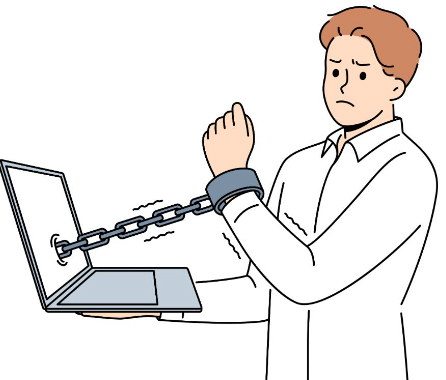
Internet and mobile addiction addresses the excessive and compulsive use of digital devices, which can lead to negative impacts on mental health, relationships, and daily functioning. Treatment involves behavioral interventions, counseling, and strategies to promote healthy technology use.
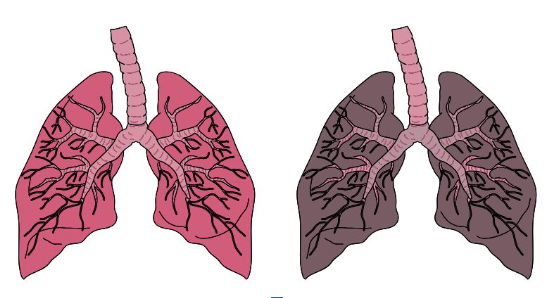
Smoking cessation services provide support and guidance to individuals looking to quit smoking. These services include counseling, behavioral strategies, and, if necessary, medication to help individuals overcome nicotine dependence and lead a healthier lifestyle.

Health psychology focuses on the psychological aspects of physical health and illness. This field examines how behavior, emotions, and social factors influence health and provides interventions to promote healthy lifestyles, manage chronic conditions, and improve overall well-being.
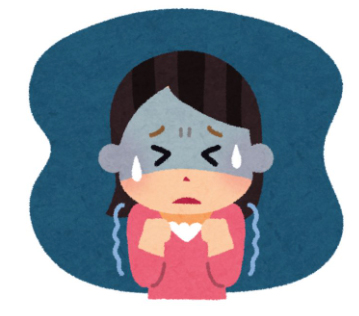
Phobia treatment involves helping individuals overcome intense and irrational fears of specific objects, situations, or activities. Therapeutic approaches such as cognitive-behavioral therapy (CBT) and exposure therapy are used to reduce anxiety and enable individuals to confront and manage their phobias.
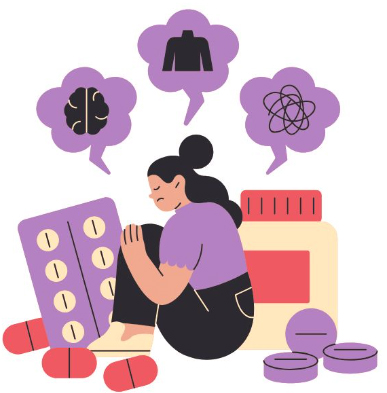
Substance abuse and dependence services address the misuse of drugs or alcohol and the development of addiction. These services offer comprehensive treatment plans that include counseling, behavioral therapies, and support groups to help individuals achieve and maintain sobriety while addressing underlying psychological issues.

